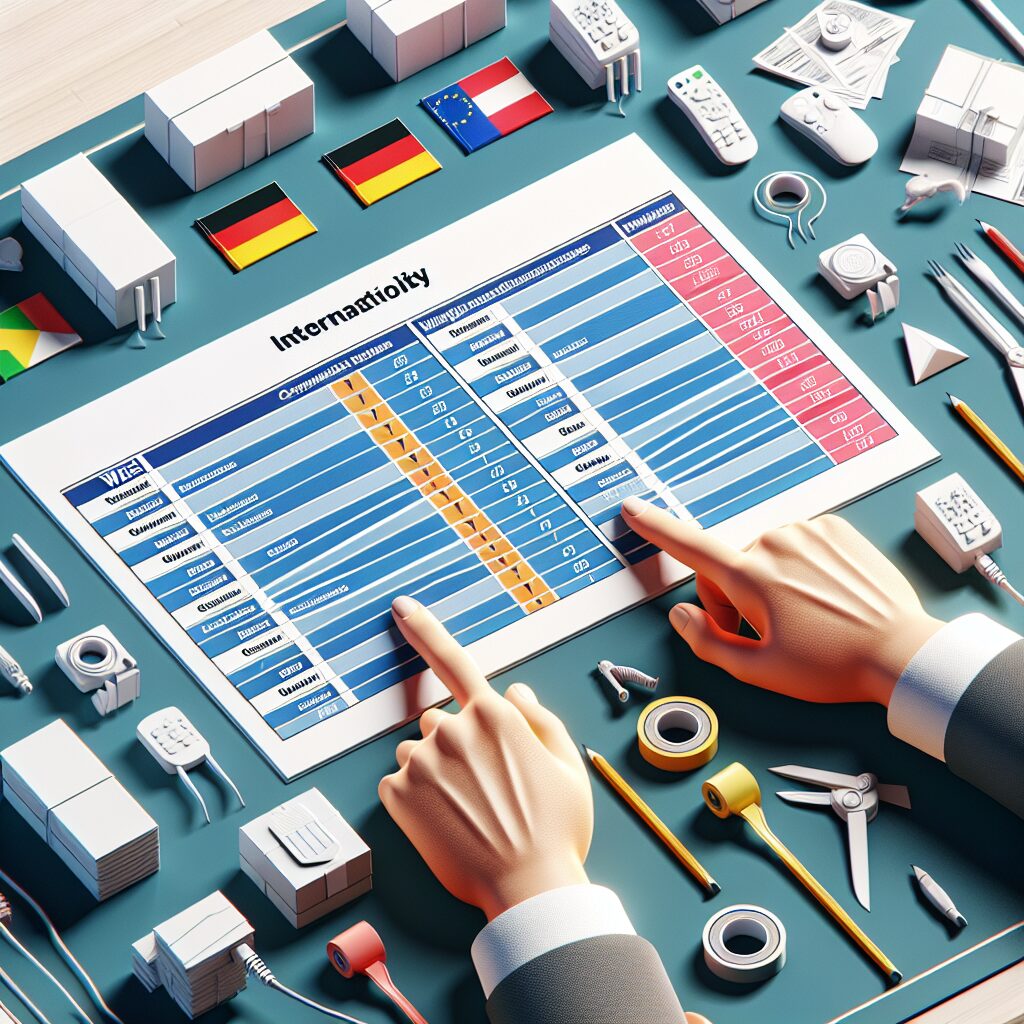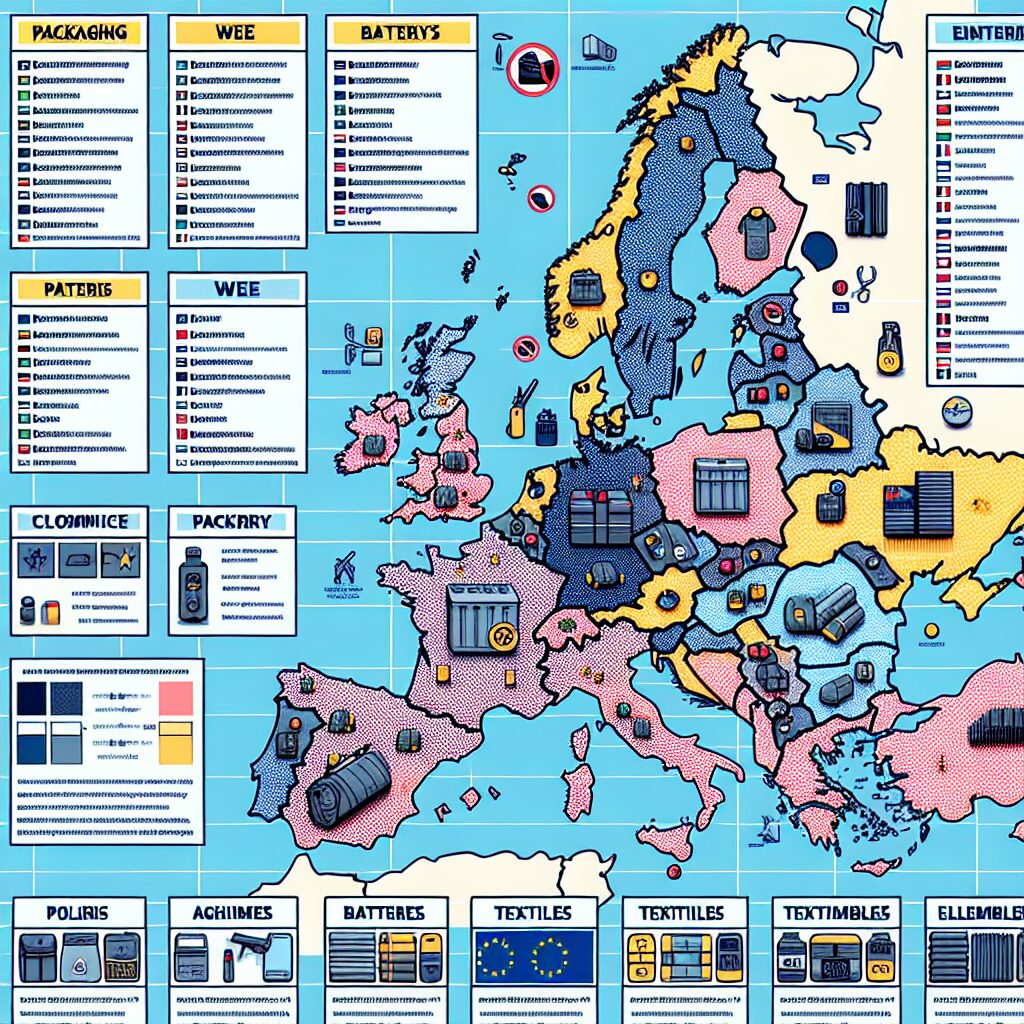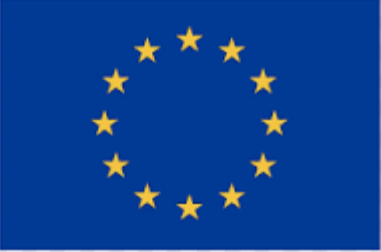About eldris
epr.eldris.ai leads the EPR sector, in fast, automated, AI Agent EU packaging, WEEE, and Battery Compliance for Brands, E-Commerce and Service based businesses expanding into the EU.
In This Article
- Understand your legal obligations under the 2026 EU Packaging Regulation.
- Actively register for EPR in each relevant Member State.
- Leverage automation to track, report, and certify packaging data.
- Prepare for PFAS-free requirements and future-proof your supplier network.
- Adopt a scalable, sustainable packaging strategy that benefits both compliance and brand reputation.
- Avoid common compliance pitfalls through proactive education and auditing.
- Use a unified platform to manage everything from registration to reporting, effortlessly.
Understanding the 2026 EU Packaging Regulation
What the New Law Means for E-Commerce Sellers
The 2026 legislative overhaul of the EU Packaging Regulation marks a significant shift in environmental policy, with profound implications for the e-commerce sector. If you’re selling into Europe, you’re obligated to comply—regardless of where your business is based. At the heart of this transition is “EU Packaging Compliance”, a mandatory requirement aimed at reducing environmental impact and increasing producer accountability.
This regulation now enforces compliance not only on large-scale enterprises but also increasingly on small and medium online sellers using fulfilment services. Platforms like Amazon and Zalando have already notified sellers about new packaging responsibilities. Non-compliance leads to fines, sales suspensions, or platform delisting. Therefore, understanding and adapting to EU Packaging Compliance is no longer optional—it’s essential.
Sellers must evaluate the types of packaging used, the materials’ recyclability, and the volume sent into each individual EU country. What complicates matters is the decentralised structure of the EU—each Member State enforces EPR requirements using its own systems, deadlines, and penalties. This makes having a centralised, automated solution critical for maintaining compliance across multiple markets.

What is Extended Producer Responsibility (EPR)?
Your Role as an Online Brand
Extended Producer Responsibility (EPR) is an environmental policy that places the onus on producers for the entire lifecycle of the packaging materials they introduce into the market. Under EU Packaging Compliance rules, if you’re selling or distributing goods to EU consumers, you’re classified as a “producer”—whether you’re a dropshipper, manufacturer, or third-party reseller.
Your responsibilities include registering with national packaging register authorities, paying applicable fees, reporting packaging volumes, and ensuring recyclability. Online sellers often mistakenly believe platforms like Amazon handle these duties on their behalf. That is not the case. While some platforms enforce compliance checks, the legal responsibility remains with you—the seller.
“EU Packaging Compliance isn’t just about waste—it’s about protecting your brand from liability and preparing for a future of sustainable commerce.”
Why Automating EU Compliance Matters
Manual tracking of packaging flows across multiple markets is not only time-consuming but highly prone to error. With each EU country enforcing slightly different reporting formats, deadlines, and packaging classifications, automation is your best ally. Companies that automate their EU Packaging Compliance processes enjoy significant advantages in accuracy, time, and risk mitigation.
Automation ensures audit-proof documentation, timely data submissions, and error-checking that reduces your legal exposure. By integrating an automated compliance solution, online sellers can generate per-country reports that reconcile logistics with national EPR requirements. This reduces the chance of under-reporting or misclassification, both of which can carry civil penalties.
Moreover, automation allows for proactive monitoring of packaging consumption, enabling businesses to pivot towards more sustainable materials and optimise shipping configurations that meet legal thresholds.
How to Register for Packaging Waste Obligations
Starting your EU Packaging Compliance journey means properly registering in every Member State where you place packaged goods on the market. This is particularly critical for online sellers using fulfilment centres located within the EU, as the 2026 regulation removes the exemption many small firms previously relied on.
Registration involves getting a Producer Responsibility Number (PRN) from the relevant authority. For instance, in Germany, registration must be completed via the LUCID Packaging Register. In France, you’d register with ADEME. The complexity multiplies as each jurisdiction has a different portal, documentation requirement, and registration fee. One cannot underestimate the resources this process demands without the right tools and guidance.
That’s where platforms that centralise EU Packaging Compliance functions come in. Our solution streamlines registration support across all countries, ensuring you don’t miss critical deadlines or misfile documentation. Learn more about E-commerce Compliance in Europe
Country-Specific EPR Deadlines and Requirements
Every EU country enforces EPR differently under a harmonised directive umbrella. But the legal frameworks are localised. For example, Austria requires quarterly reporting, while Italy necessitates monthly declarations depending on volume thresholds. France mandates displaying a Triman Logo on packaging, a requirement not shared by every state.
Key Dates to Note for Registration
Failing to understand these local nuances can jeopardise your entire EU operation. Below are a few critical deadlines:
- Germany: Online sellers must register packaging volumes monthly via the LUCID platform starting January 2026.
- France: Triman Logo and sorting information required on packaging by July 2026.
- Italy: Monthly declarations based on unit count for B2C shipments become mandatory in Q2 2026.
Remember, there is no one-size-fits-all. Ignoring a single jurisdiction could result in cumulative fines. A pan-European tool tailored for EU Packaging Compliance ensures central oversight with local adaptability. Read a related article
Tools to Track and Report Packaging Data Accurately
Accurate reporting is the cornerstone of achieving EU Packaging Compliance. You need to know what kind of packaging you’re using, its weight per shipment, its recyclability, and which geography it’s being sent to. Doing this across all your SKUs and shipments manually is grossly inefficient and error-prone.
Modern tracking tools integrate directly with your shipping and inventory systems to automatically extract packaging data. They can parse order data, weight calculations, and material types to produce country-specific reports. Many of these tools can even detect excessive void fill or unnecessary secondary packaging, allowing you to optimise your systems for sustainability and compliance simultaneously.
Our platform offers intelligent label diagnostics, auto-calculated weights, and warnings for non-compliant packaging designs—all standard features that significantly reduce manual labour and compliance risk.
PFAS-Free Packaging Requirements from 2026
In line with the EU’s broader sustainability objectives, the 2026 directive introduces restrictions on harmful chemicals in packaging materials. One of the most prominent is the ban on PFAS—per- and polyfluoroalkyl substances. Known as ‘forever chemicals’ due to their environmental persistence, these are commonly used to create grease-proof or water-proof packaging.
Online sellers must now ensure that any packaging components, especially those applied post-production like coatings or adhesives, are PFAS-free. This affects everything from envelope liners to food-grade wrappers used in ecommerce.
Identifying and Certifying PFAS-Free Packaging
Suppliers must now provide chemical traceability certificates. As a seller, you should demand documentation proving PFAS compliance from every packaging supplier. Expect increasing demands from both regulators and customers for transparency and chemical safety.
Our automated certification system helps suppliers upload PFAS-free compliance statements which are cross-verified against EU databases—a key function in achieving reliable EU Packaging Compliance. Impact of packaging waste regulations on e-commerce
How to Create a Scalable Sustainable Strategy
EU Packaging Compliance should not be viewed solely as a legal burden. It’s an opportunity to build a resilient, scalable, and sustainable business strategy. By embedding sustainability and traceability into your operations, you position your brand as future-ready amidst a rapidly shifting regulatory landscape.
Begin by mapping all packaging materials across your supply chain. Identify high-impact materials and replace them with recyclable or compostable alternatives. Then, set reduction goals—less void fill, lighter materials, and smart packaging designs that align with circular economy principles.
Sellers who standardise packaging types reduce costs, improve warehouse efficiency, and simplify compliance. Moreover, customers increasingly prefer eco-conscious brands. EU Packaging Compliance can thus serve as a cornerstone of your ESG narrative, supporting marketing campaigns and investor relations.
Common Compliance Mistakes Online Sellers Make
Many sellers, especially SMEs, fall into compliance pitfalls due to misinformation or lack of preparation. The most common include:
- Failing to register in every country where products are sold.
- Assuming marketplaces handle EPR duties automatically.
- Underestimating the complexity of measuring and classifying packaging data.
- Using suppliers without legal documentation to confirm PFAS-free status.
- Missing local labelling requirements like the Triman Logo in France.
Mitigation begins with education, supported by reliable digital tools and an intuitive dashboard. Our platform ensures alerts, training resources, and submission templates to avoid these errors completely.
Step-by-Step: Get Started with Our Platform
We turn EU Packaging Compliance from a liability into a seamless, strategic layer of your operations. Here’s how to get started:
- Onboard Seamlessly: Import your product catalogue and shipping data.
- Automated Analysis: Our system audits your current packaging portfolio.
- Country-Specific Registration: We’ll guide you through each country’s steps, notifications, and deadlines.
- Ongoing Reporting: Automatically generate reports based on actual shipment and material data—no guessing required.
- Compliance Dashboard: Gain a clear visual of real-time compliance status across the EU market.
With us, you’re not just compliant—you’re informed, prepared, and future-proof.
Conclusion: Turn Complexity into Opportunity
[CONCLUSION_CONTENT]
Great guide on packaging-waste-compliance-made-simple-for-online-sellers-compliance-with-eu-packaging-waste-laws-is-complex-our-solutions-simplify-it-with-automation-registration-support-and-country-specific-gu – Community Feedback
What are the new EU rules on packaging and packaging waste?
The new EU packaging and packaging waste rules require businesses to increase recycling, reduce unnecessary packaging, and offer reuse or refill options across Europe. They also include bans on harmful PFAS chemicals from August 2026. For details, see the European Commission’s official explanation.
What are the EU packaging regulations 2026?
From August 2026, EU regulations will ban PFAS chemicals from packaging, require companies to provide reuse or refill options at no extra cost, and make brands pay for non-recyclable or harmful materials’ cleanup. Compliance is crucial for online sellers operating in Europe.
What is a packaging compliance scheme?
A packaging compliance scheme helps businesses manage packaging data, meet recycling targets, and fulfill producer responsibility under EU law. Such schemes often automate reporting, registration, and ensure legal compliance across European markets.
What are the producer responsibility obligations packaging waste regulations 2005?
The 2005 Producer Responsibility Obligations (Packaging Waste) Regulations require GB businesses handling packaging to reduce over-packaging, eliminate dangerous materials, and take responsibility for recycling and recovery. Similar principles are active in the EU’s updated EPR frameworks.










